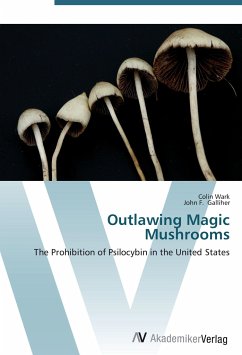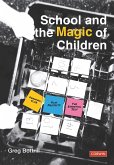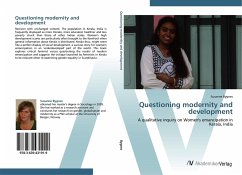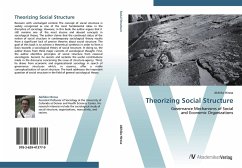Revision with unchanged content. Psilocybin (the primary active compound in the so-called magic mushroom ) was criminalized by the United States federal government on October 24th, 1968. This book focuses on the events which led to this ban. The goal is to show how psilocybin became controversial in less than a decade. The activities of Timothy Leary and Richard Alpert (later Ram Dass) were major factors in this transformation. The book uses previously unpublished materials to analyze Leary and Alpert s lives and careers through the early 1970 s. Psilocybin first gained notoriety during the Harvard drug scandal when a small team of researchers, most notably Leary and Alpert, began testing the substance on a variety of human subjects including Harvard graduate students. These activities piqued the interest of Harvard undergraduates who wanted to try psilocybin for themselves. This, among other aspects of the project, drew the condemnation of Harvard faculty and administrators. This case is theoretically interesting because unlike most illegal drugs, psilocybin was not originally linked to a threatening minority group. Rather, psilocybin s notoriety grew out of the fact that it was being ingested by some of the nation's most privileged young men.
Hinweis: Dieser Artikel kann nur an eine deutsche Lieferadresse ausgeliefert werden.
Hinweis: Dieser Artikel kann nur an eine deutsche Lieferadresse ausgeliefert werden.








